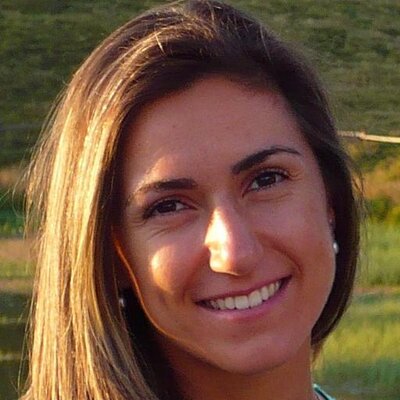 Gaia Cetrano is a Research Associate at the Social Care Workforce Research Unit, King’s College London. (800 words)
Gaia Cetrano is a Research Associate at the Social Care Workforce Research Unit, King’s College London. (800 words)
From 8 to 11 October I joined the World Psychiatric Association XVII Congress in Berlin. This was my second WPA Congress; I also attended the previous one in Madrid in 2014. Berlin is a great city, which has developed at a tremendous pace in the last few decades. It perfectly represents how things can change, and thus offered the best context for a congress entitled ‘Psychiatry of the 21st Century’.
Remembering the Madrid Congress, I was expecting this to be a big event, but this one exceeded all my expectations. When I arrived at the venue, Messe Berlin, to join the opening ceremony on the first day, I suddenly felt overwhelmed, if not intimidated, by everything around me. The venue was enormous, there were stands, films, exhibitions, music, and hundreds and hundreds of disoriented-looking people around me (around 10,000 in fact). The programme, with its 900 sessions, was impressive but daunting. Continue reading